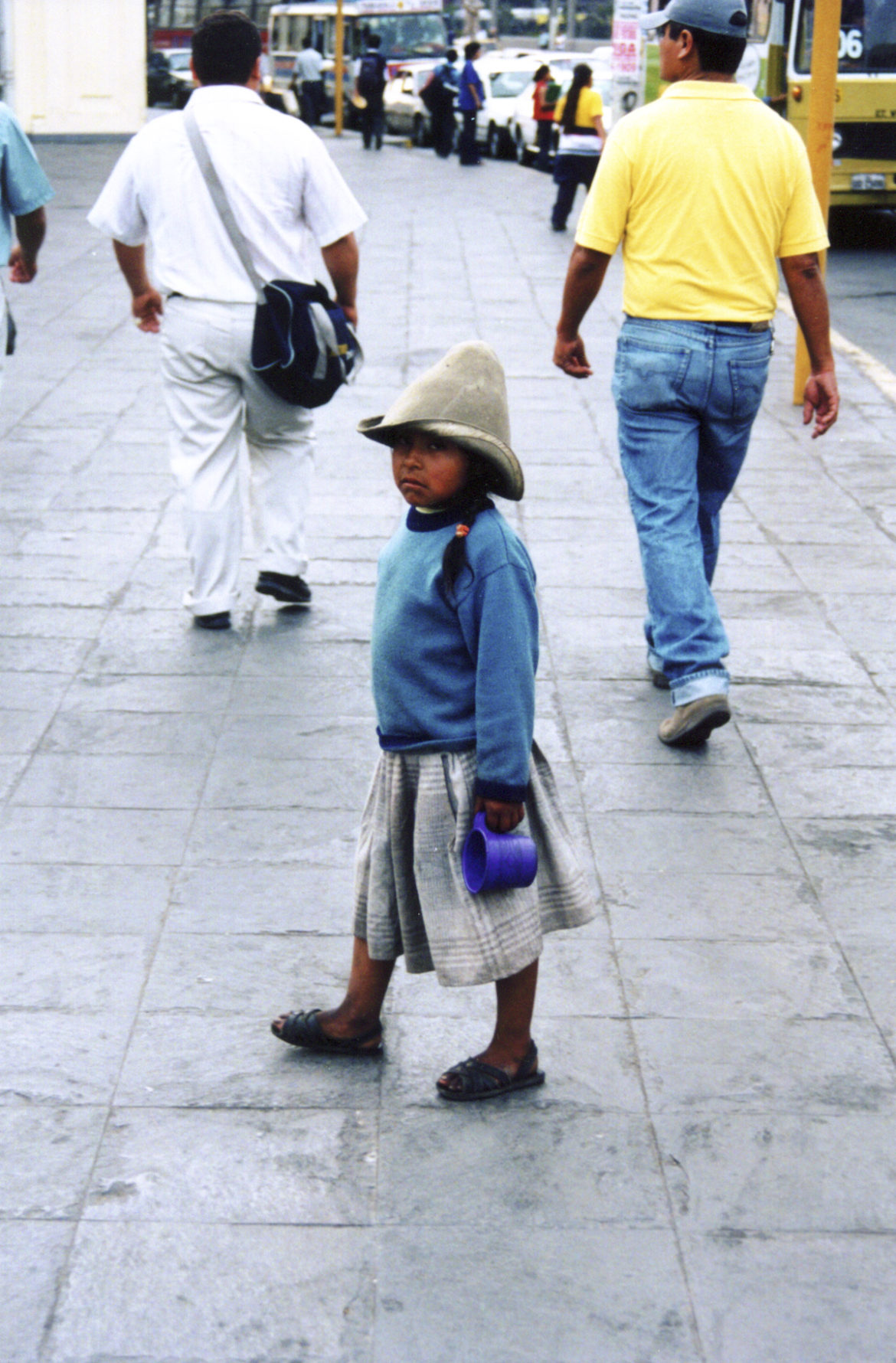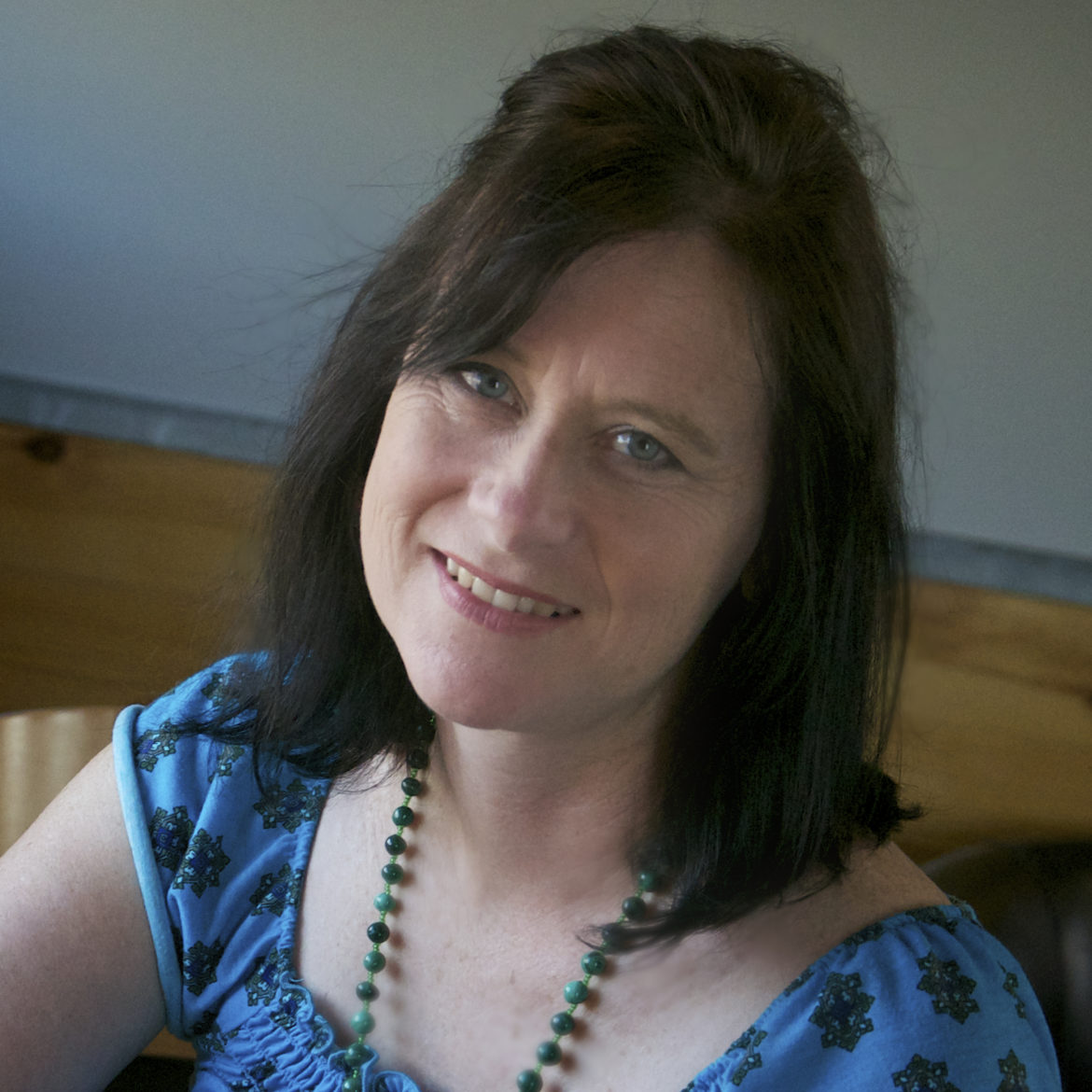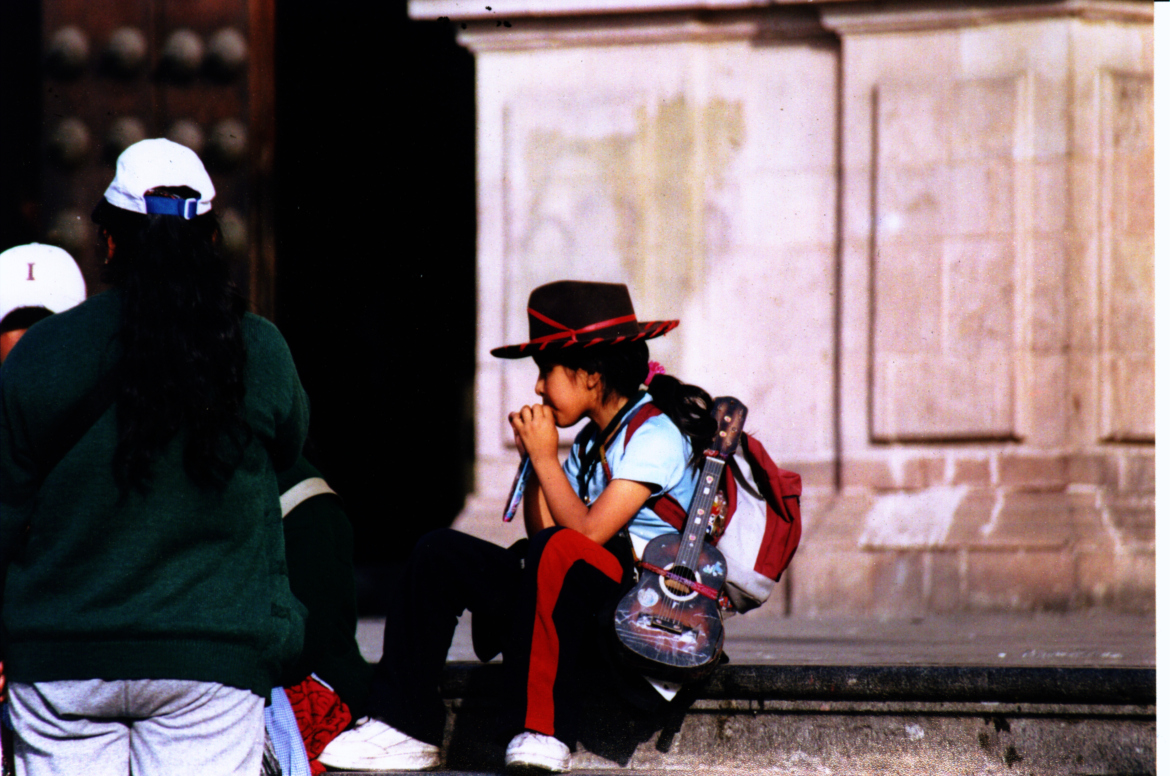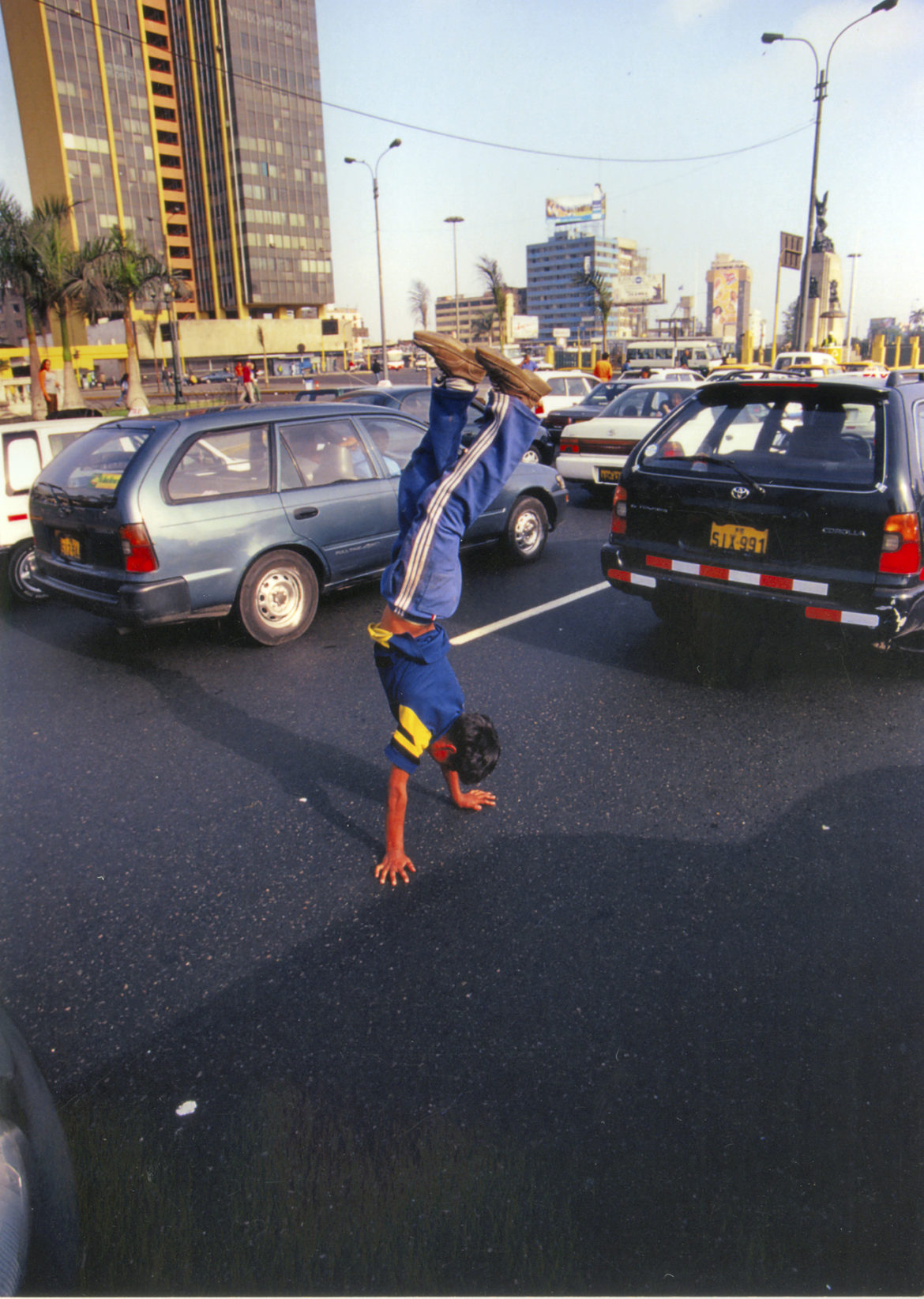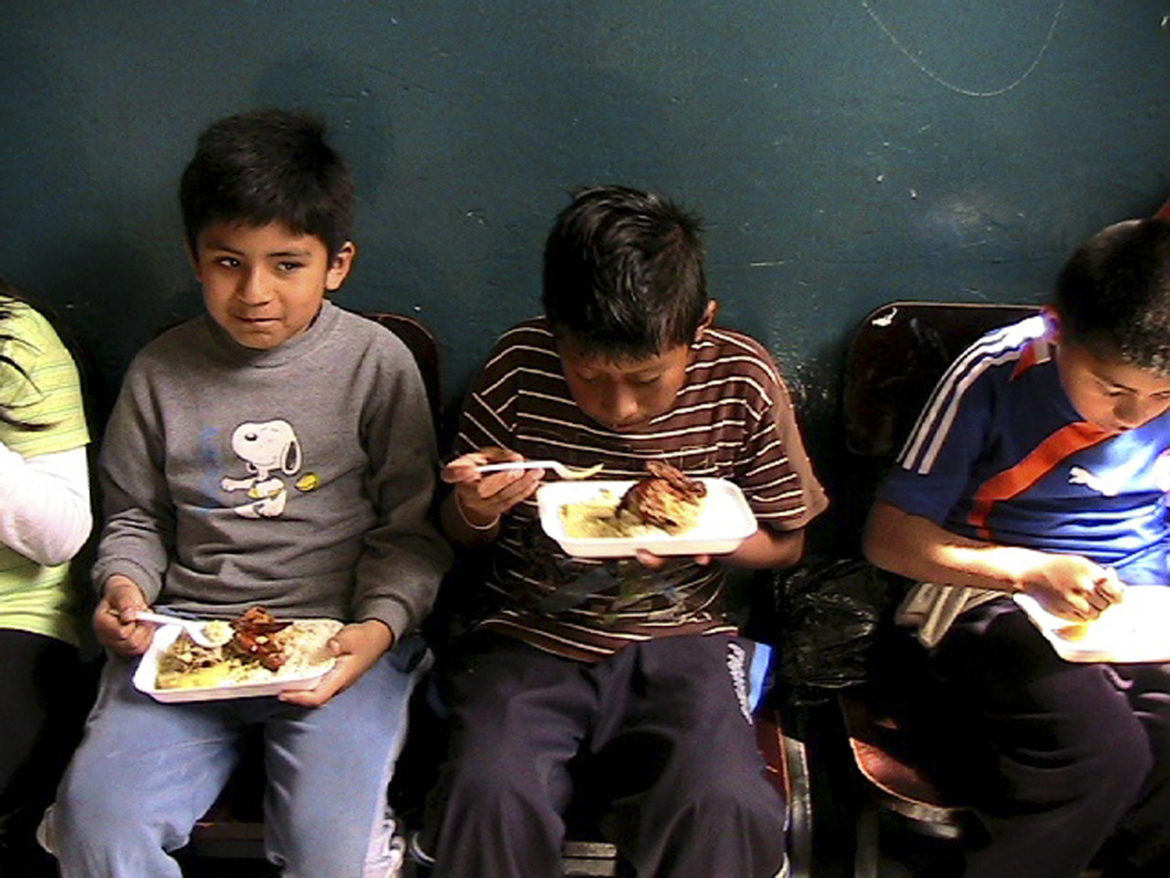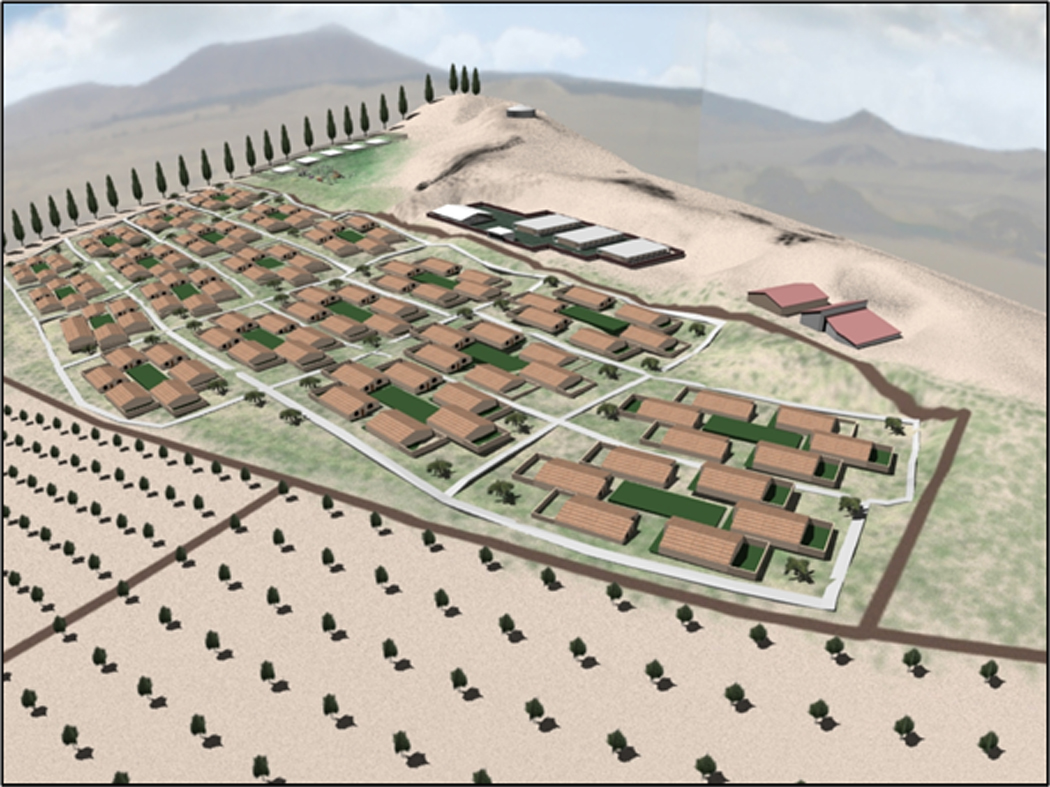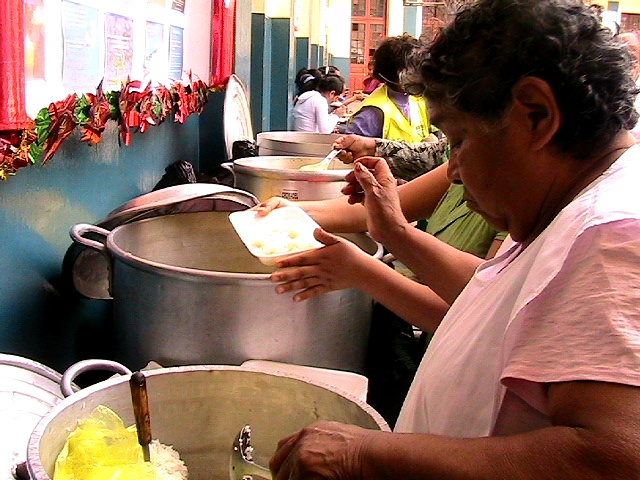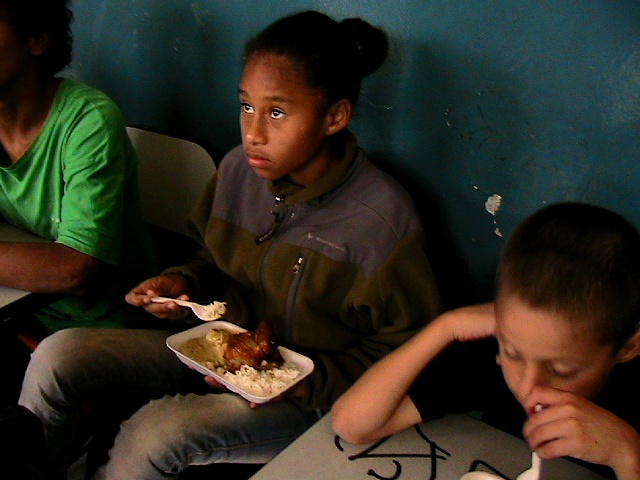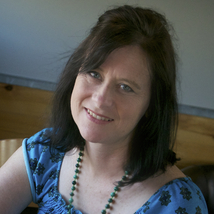 By: Jeana Meyer
By: Jeana Meyer
Two shops called “Corban” stand side-by-side on downtown Randolph’s Stark Street. They seem simple enough, but as I soon discover, there is more here than what meets the eye. As I walk into the first “Corban’s Kids” shop, a fresh laundered smell greets my nostrils. Displayed under a quaint wooden lean-to, is a rainbow of gently used baby and children’s clothing and accessories – all for give-away prices. Greeting me with a sunny smile is Suzanne Cothran. Suzanne directs me through to the adult section. Again, good quality clothes at reasonable prices. Volunteers are tastefully displaying jackets, sweaters, skirts, shirts, jewelry and shoes; their camaraderie tells me that this is an enjoyable and meaningful activity for them. Then some local women come into Corban’s Kids requesting free clothing. As they pick out some infant outfits, Suzanne explains that the local food pantry sent them here. I begin to see that Corban is more than a store – it’s a calling.
Suzanne’s husband Art, an eighty-something retired teacher, is working next door in their sister resale store stocking household items. The doorbell jingles as I enter this Aladdin’s Cave of treasures. Rows of shelves brim with an assortment of absolutely everything – hanging lamps, wrapping paper, seasonal ornaments, gifts, quilts, crockery, small items of furniture, medical equipment. With a customary humorous quip hovering on his lips, Art is busy directing the volunteers pricing donated items – bargains unlimited as usual.
He turns and peers over his glasses at me, his eyes still twinkling with amusement. After introductions, he becomes serious. Urgency now lights his eyes as he says, “Have you heard of the larger vision of Corban?”
He brings out a board – a professional display of photographs, maps and architectural plans of farmlands, a school, a hospital and houses. “This is ‘Child City’ in Ica, Peru. Corban is building this self-contained city to provide homes, families and a new life for a thousand abandoned street children, in family units managed by Peruvian people.” No small vision, this.
The story of Corban begins back in 1993, when as part of a church volunteer group, Art and Suzanne went to Lima, Peru, using their own funds. While there, they were shocked to see thousands of children, some only 3 and 4 years old, sleeping on the streets like stray dogs, begging, sniffing glue and prostituting themselves. Of Lima’s population of nine million people, 75% fall below the poverty level, and 900,000 are street children. There is little or no chance of breaking out of the cycle of poverty, as children must purchase their school uniform and their own books to attend school. Art and Suzanne learned that heavy labor, child trafficking, and slavery were the norm among older children and teens. Everyday the municipal services tipped garbage down the middle of a street and the children would forage through its filth like rats until sundown, when the authorities would set fire to it. The stench permeated the air, night and day. Art and Suzanne returned to the US with heavy hearts.
Art and Suzanne, Jim Recker, Chris Peterson and Vanessa VanderGalien, a teacher with work experience in Lima, founded Corban in 2003. Chris Peterson is the only part-time paid member of Corban. At the tender age of 16, Chris raised the money needed to be part of a trip to Peru in 1996, and he has been intrinsically involved with the project ever since. He runs the office, writes newsletters, and with his fluent Spanish, has been involved in all the communication, negotiations and organizing paperwork with Peruvian authorities. Partnering with a Peruvian church, Corban’s first project was to start a soup kitchen in Lima, providing weekly meals to 100 children. Plans for Child City were drawn up, and work began on manuals detailing how entities of the city would be run. A newsletter sent to 400 people helped to bring in $100,000 in funds for the project, and vision started to become reality.
In 2007, the Corban group returned to Peru to meet with mayors and lawmakers to discuss the project. The idea was met with great enthusiasm and the group went on to purchase a piece of fertile land near Ica, close to both the ocean and the Andes. The area had recently experienced a magnitude eight earthquake, and the group picked up details of how to build like the Incas to avoid wall collapse. An ideal crop to support Child City was identified, namely Tara, a plant unique to the area. Powdered plant material is used for tanning leather, binding concrete in oil wells and tablet coatings. A local Tara grower has agreed to donate seedlings when the ground is ready. A group of locals were already squatting on the purchased land, so Corban deeded that section of land to them. This group will eventually benefit by obtaining work on the Tara plantation and make use of the schools and hospital, which are rare commodities in Ica. Corban’s generosity has already paid dividends, because the Peruvian authorities have now become involved in the development of the area for these villagers. Initially commissioned by Corban, the digging of the first well has been completed, and funding for the school has been promised. Corban is working on proposals to philanthropic investors for the plantation and irrigation. Donors have pledged items for the future hospital. Most excitingly, the first house plans are in the pipeline…
Now I understand the urgency in Art’s eyes. Since 2009, with the stressed US economy, donations have dropped off and so has work in Ica, and Art and Suzanne aren’t getting any younger. Funds barely cover paperwork, legal and fundraising fees and permits, let alone hydro-ecological surveys, wells, training and construction work. An engineering firm in Madison is considering participation, but they need a down payment of $60,000 by September! Art and Suzanne have devoted their retired years and funds to making this happen, and it is so close to realization, and yet so far.
All are welcome to visit the Corban shops in Randolph, Wisconsin. You can also visit their website https://corbaninc.org/?page_id=455 or call Chris at 920-319-3660 to make a donation. Help is needed to spread the word about this life-changing project, and Corban will be happy to make presentations to interested groups. Volunteers to take part in future work parties will also be needed.
 This is no small project, but it is realistic to believe that Child City will lift up the lives of thousands for many years to come.
This is no small project, but it is realistic to believe that Child City will lift up the lives of thousands for many years to come.
